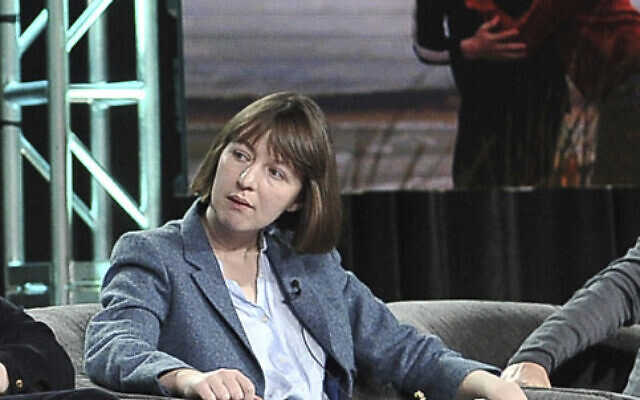Over 1,000 authors worldwide, including a certain Sally Rooney, have refused to sell their Israeli editions of works after the country decided to treat Palestinian-bloody Gaza as an enemy entity.
As part of a bold and symbolic protest, over 1,000 authors signed up for a boycott against Israeli publishing houses, in which the renowned Irish novelist Sally Rooney participated. This boycott is the result of organized action against Israel’s attitude towards Palestinians, where solidarity among the literary fraternity for Palestinian rights has been gathering momentum. These authors agreed to boycott Israel’s publishers or work in translation with them until more significant political changes occurred.
Boycott as a Strategy of Political Pressure
‘It is part of the broader movement known as BDS, aiming to bring international attention to systemic persecution of Palestinians, according to activists in Israel. Supporters have argued that the policies enforced by Israel in the territories of Palestine, such as forced expulsions, restricted access, and denial of basic resources, are human rights violations.’The authors who advocate this boycott believe that refusing to work with the Israeli publishers will help bring about a push for change, a cry for justice through nonviolent means.
Read Also:Hezbollah Appoints New Leader Amid Tensions; Israel Labels Role as Temporary
The Campaign
This campaign cuts across every genre and writer. Both poets and academics have rallied around the movement by offering their voices. Big Shots, many of them have advocated the movement by giving them a voice. Through the cause, these writers amplify a message beyond literature, pointing to the power of artistic solidarity in advocating for political and social justice. Sally Rooney, best known for Normal People and Conversations with Friends, was one of the most visible supporters when she declined to have her latest book translated by an Israeli publisher.
Mixed Reactions and International Backlash
Boycotts have been widely condemned and appreciated worldwide. Supporters say this is a justifiable form of protest against injustice, while opponents believe it unfairly isolates Israeli publishers who may not be in step with the government’s policies. Israeli publishers and cultural bodies have expressed disappointment by saying that literature should be a bridge rather than a barrier between peoples. The move has intensified the debate over the role of cultural figures in political activism.
Ongoing Call for Human Rights and Peaceful Resolution
In their boycott, the authors and activists declare that it is not to promote violence but peace and justice. The boycotting act of refusal to cooperate with Israeli publishers is aimed at bringing out the Palestinian issue and taking the international community’s opinion on human rights violations on board. Further propelling the ongoing global discourse on the artist’s duty in the social realm, the book marks a significant milestone within the literary circles and the broader advocacy for Palestinian rights.















